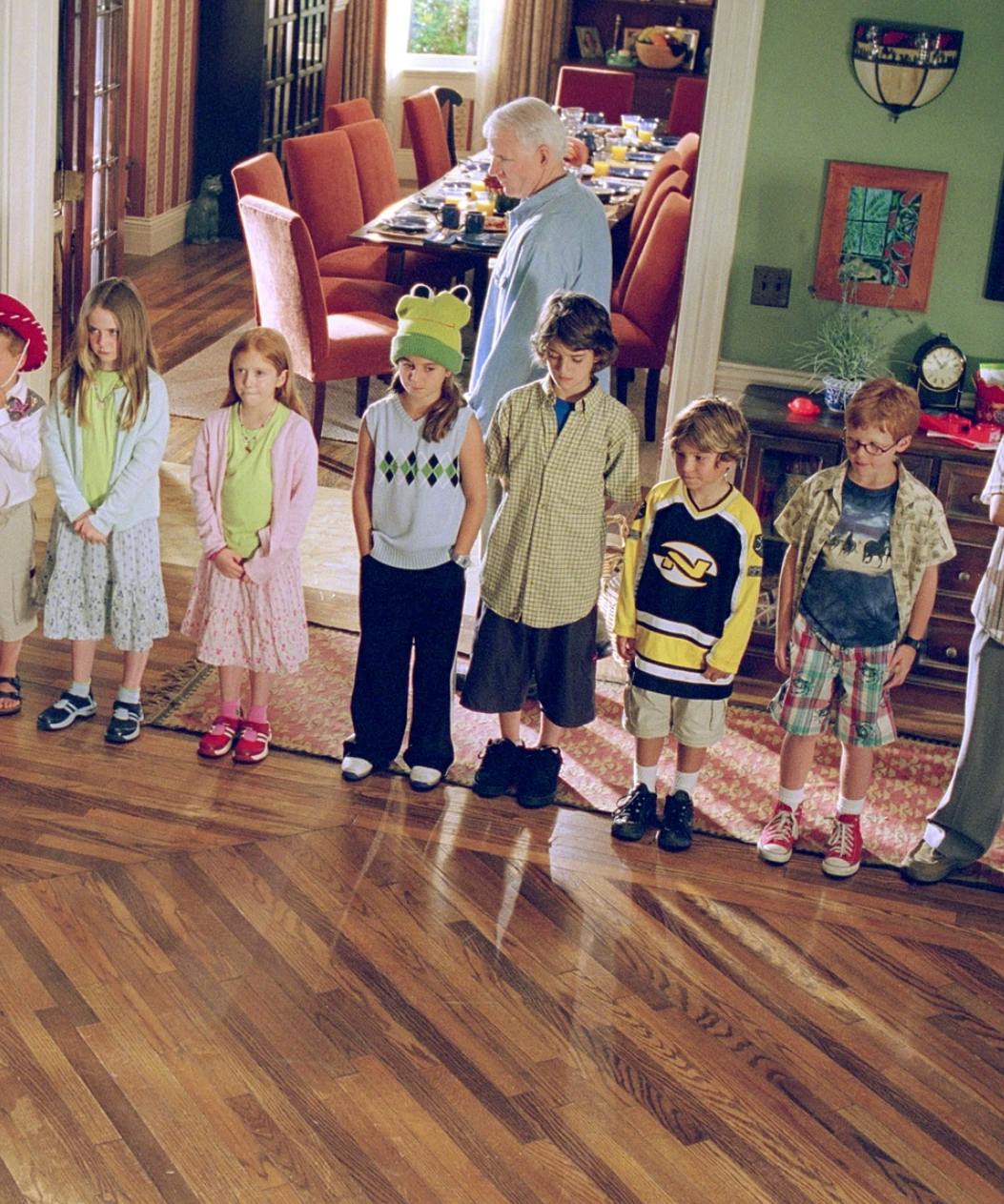5 Ways Growing Up In A Big Family Benefits The Kids
Big families sound messy and expensive and chaotic… but it turns out growing up in a big family is actually wonderful for kids.

Any mention of a big family immediately makes us think of Cheaper by the Dozen — we see Steve Martin’s overworked face, playing the father of twelve kids. We imagine the mountain of dishes that would accumulate after a single meal. We imagine the messes and conflicting desires and chaos of growing up in a house with so many kids.
Most of us didn’t grow up in such a big household. In 2020, there was an average of 1.93 children under 18 per family in the U.S., down from 2.33 children in 1960. It’s no secret that a growing number of Millennials are choosing not to have kids at all. Now, we’re also seeing that the people having kids are having fewer of them.
Along with a culture that’s less interested in kids, there have always been countless negative stereotypes that every large family faces. Weird looks are the norm, assumptions about religion or beliefs are made, invasive questions about financial means are bound to come about, comments about overpopulation are doled out.
But here’s the thing: for all the craziness that comes along with growing up in a family with more children than average, there are actually significant benefits to be reaped. Here are five ways that big families are beneficial in the long run.
They’ll Be Less Likely To Divorce
It isn’t groundbreaking to say that divorce is relatively common in the United States. While the likelihood of getting divorced does go down as we get older, the divorce rates for adults over 50 have actually doubled since 1990, and for those over 65, have tripled. So it’s safe to say that divorce is a pressing issue for many adults and couples.
But interestingly enough, studies have found that growing up with multiple siblings actually decreases our chances of getting divorced one day, with one study finding that with each additional sibling, the chances of someone getting divorced dropped 2%. This isn’t surprising, though, because by growing up with multiple siblings, we’re taught how to function with other personalities, be aware of another person’s desires and needs, and work to compromise, negotiate, and favor harmony.